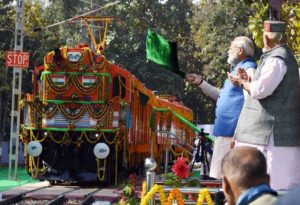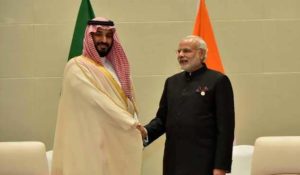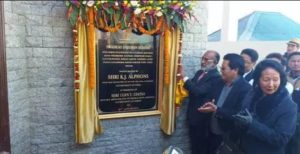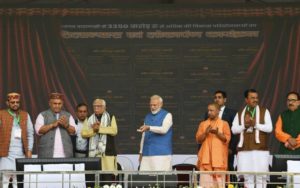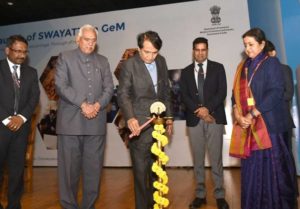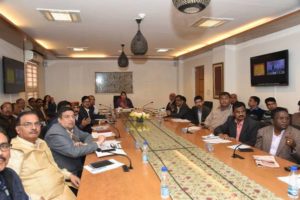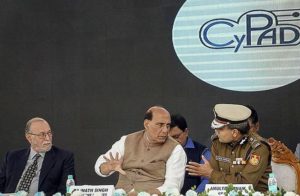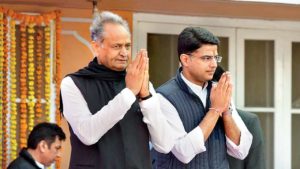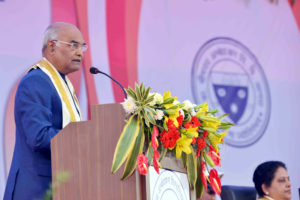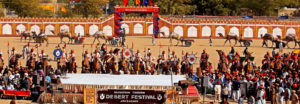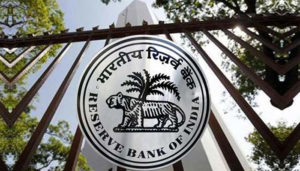VisionIAS
07:51

FRONT PAGE
Anil Ambani, RCom guilty of contempt of court, rules SC
‘Crucial for India, Pakistan to work closely together to go after terrorists’
Tejas, world’s lightest fighter, is ‘battle ready’
India pitches for global action against terrorism
UN asks India, Pak. to show restraint
NATIONAL
‘Biggest ever’ Aero India opens with tribute to deceased pilot‘Crucial for India, Pakistan to work closely together to go after terrorists’
Tejas, world’s lightest fighter, is ‘battle ready’
India pitches for global action against terrorism
UN asks India, Pak. to show restraint



